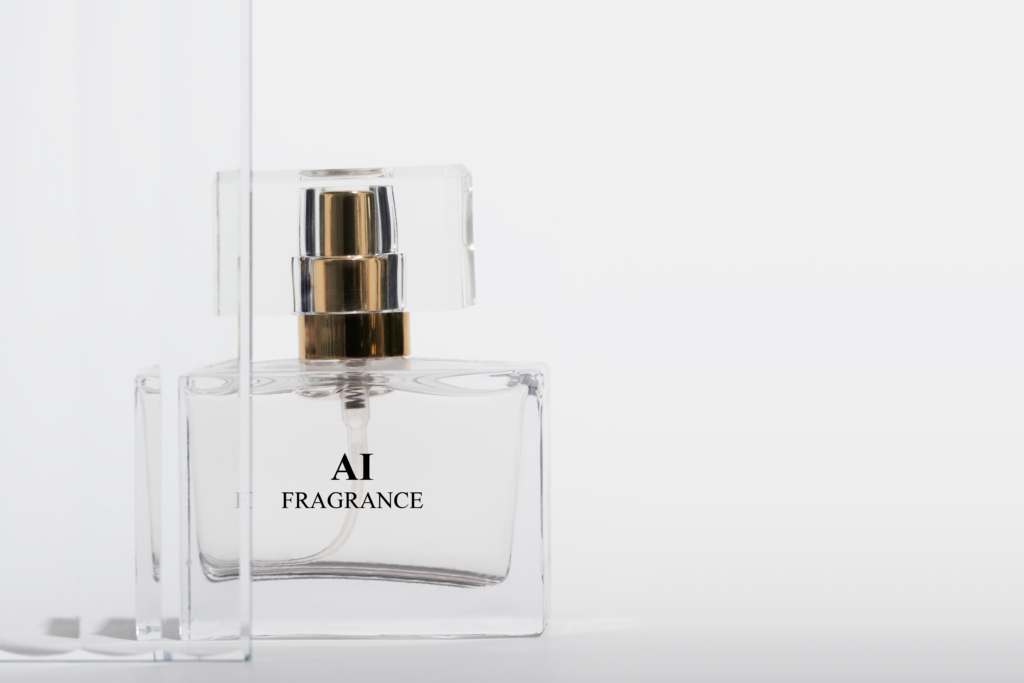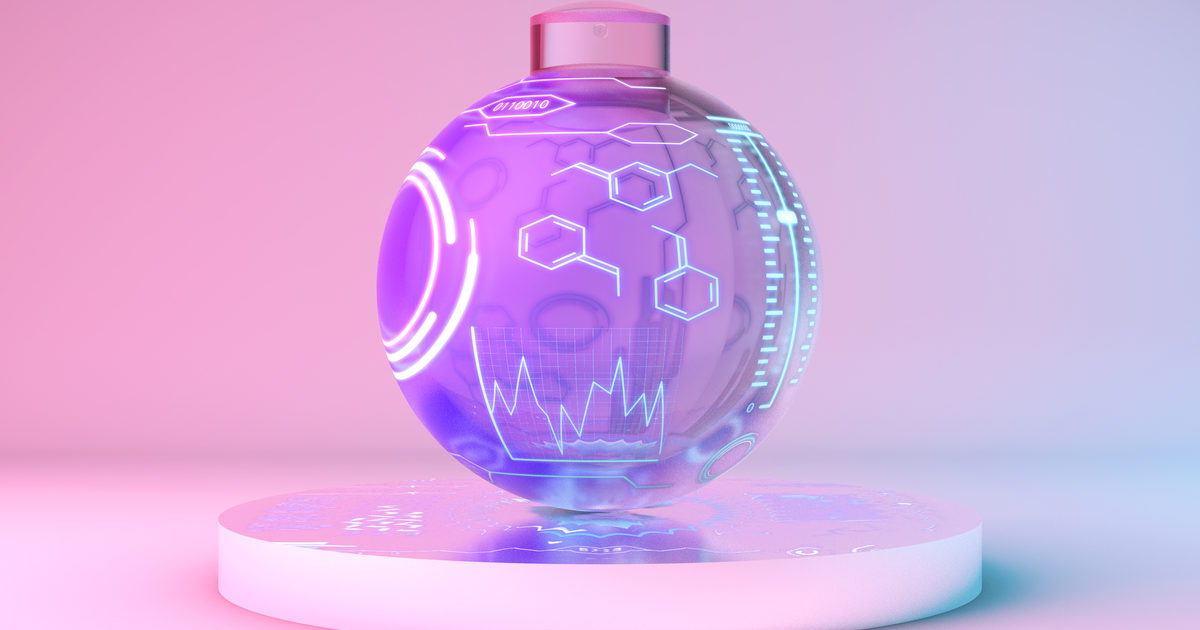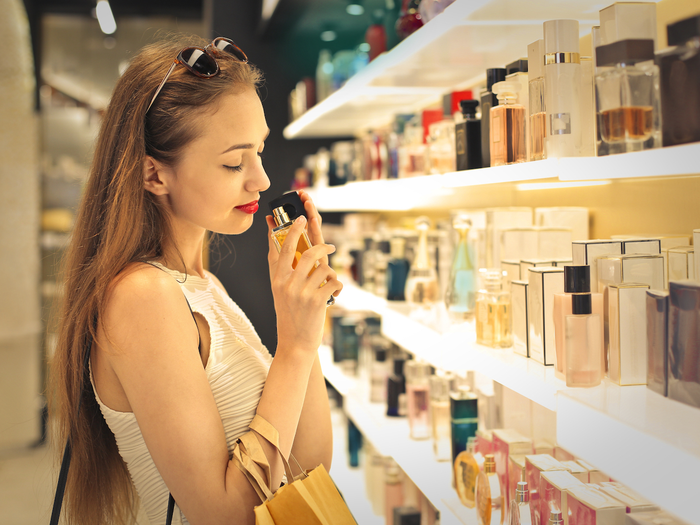According to Globe Newswire, the global perfume market reached a value of US$ 33.5 billion in 2021. It is projected to reach US$ 47.6 billion by 2027, exhibiting a CAGR of 6.1% during the forecast period.
Perfumes are made up of scents or essential oils that give out a pleasing scent. A good fragrance may affect mood, behaviour, perception, emotions, and human thoughts. Perfumes can represent a person’s style, individuality, and personality, and a good scent can impact mood, behaviour, perception, emotions, and human thoughts. Perfume production has developed into a mainstream business in the personal care and cosmetics market today.
Isn’t having a good smell critical for making perfume?
After the inevitable hit of the pandemic on fragrance industry, Perfume AI has been the answer to the call to innovation.
While not insignificant, a lot of the foundation for generating a new scent is done by analysing data, and Artificial Intelligence (AI) is well-suited to this task. We can now purchase our personalised perfume without any support from physical stores.
How will Artificial Intelligence perfume proceed?
It is all about databases. It processes scents alongside information about the popularity of each formula among different demographic groups, including lifestyles, age groups, personality, … to create personalised scented products for users.
The first AI perfume
Philyra was IBM’s artificial intelligence (AI) apprentice, with whom perfumer David Apel collaborated to develop two new perfumes for O Boticário, a Brazilian cosmetics brand, in time for the country’s Valentine’s Day holiday this year. They were seeking a scent to target Generation Z and millennials, who they believed would be interested in a fragrance developed by artificial intelligence. This partnership marked the introduction of artificial intelligence (AI) to the fragrance business.
More and more players enter the game
ScenTronix became another big name in the fragrance market in 2020. They are a firm headquartered in the Netherlands that aims to provide consumers with personalised scented items. Customers are requested to fill out a survey on their personality and lifestyle after entering the ‘Algorithmic Perfumery’ shop. They then watch as an AI computer concocts a variety of smells depending on their replies to the survey. Customers examine the scent samples and, if desired, make alterations before selecting the finished version.
Carto is a perfume AI system developed by Givaudan Fragrances. It was created to aid perfumers by recommending smell combinations. Perfumers utilise a simple touchscreen to make use of this technology, mixing smells from a large digital aroma library with over 1500 compounds. The scents are then processed by a robot, which creates a perfume that perfumers may try out before settling on the finished product.
Maison 21g is a one-of-a-kind perfume created to capture the essence of the user’s spirit. With the help of an AI-powered quiz, the perfume achieves a high level of customisation.
This questionnaire will help the user choose a scent that matches their personality, lifestyle, and preferences. A machine called ‘La Source’ is then used to create perfume based on this smell.
Reactions toward AI perfume
- Machines can’t ‘feel’: there have been mixed reactions to the infiltration of AI into the perfume industry
Many people point out that humans, not robots, notice and experience fragrances. As a result, humans will always be in the greatest position to create the best scents. This is especially true given that our sense of smell is the most powerful sense for generating memories, emotions, and moods, according to experts; a genuinely human response that robots cannot understand. Because of this intensely emotional experience, perfumery is frequently referred to as a ‘art.’ Those interested in studying perfumery must first train as ‘noses’ for years before they can make smells and evoke emotions through scents. As a result, while AI can recognize that different aromas appeal to different people, it is unable to explain why.
2. Machines may not be capable of feeling, but they can learn to evoke emotions.
Artificial intelligence works by simulating human understanding of the art of fragrance. Richard Goodwin, an IBM research scientist said that”Just like a trainee would learn from a master what combinations of components would work well… machine learning will generate a scent depending on whatever recipe performed best”. This shows that we may not require humans to carry out the human learning process.
What do you think about the development of AI perfume? Would you consider trying this experience?
Follow
ATTENDEES
Agenda (Coming Soon)
Speakers (Coming Soon)




